A non-fungible token, or NFT, is a unique type of digital asset that exists on a blockchain and can't be duplicated. The word "fungible" refers to the an item's ability to be exchanged or replaced. An NFT can be exchanged or traded for money, cryptocurrencies, and even other NFTs.
These unique digital tokens have been popular throughout the last decade or so, with big names like Mark Cuban and Kyle Lowry making investments. But the prices and profits aren't what they once were, which leaves many people wondering if they're still worth the hype.
Here is a guide to all things NFTs, including how they work, the pros and cons of investing, and whether you should make the purchase with a credit card.
Key Takeaways
- A non-fungible token, or NFT, is a unique type of digital asset that exists on a blockchain and can't be duplicated.
- Examples of items that can be linked to an NFT include artwork, recordings, pets, and virtual real estate.
- To sell an NFT, you'll have to choose a marketplace, get a crypto wallet, create your NFT, and list it.
- You can invest in NFTs by getting a crypto wallet, adding funds, browsing and choosing an individual NFT, and making the purchase.
Never miss an amazing deal again + get our bonus 250+ page eBook for FREE. Join 50,000 other Canadians who receive our weekly newsletter – learn more.
How does an NFT work?
Through the power of blockchain technology, each NFT carries a unique, unalterable digital signature that can be attached to any digital asset such as:
- artwork,
- recordings,
- recipes,
- virtual real estate,
- pets,
- avatars, or
- any other work that can be made digital.
Once attached to the work, an NFT's unique digital signature can be used to prove ownership. For example, an NFT can verify that the work it's attached to is real, authentic, one in a special limited series, or coming from a specific athlete, artist, celebrity, etc.
Simply put, an NFT is the digital asset version of a certificate of authenticity and when they’re attached to the right digital asset, they can go for the same big money that physical collectible items – with tangible certificates of authenticity – can go for in an auction or on the open market.
How does blockchain technology make NFTs possible?
The blockchain is a sort of digital ledger that's stored in the cloud, and it stores a record of every transaction that a piece of currency has gone through since its creation. Each of these transactions is verified by a computational equation.
When it comes to NFTs, that same complicated equation is used to create a record of who's owned that NFT (and the digital assets attached to it) since its creation.
It's because of this record – and the fact that the computational equation is so difficult to crack – that people trust an NFT's history thoroughly. The digital signature of an NFT can't be hacked or manipulated, so people accept that an individual NFT is one-of-a-kind.
It's also possible for the creator of an NFT to sign their work within the metadata of the file. This means that you only need only look at the file’s digital history on the blockchain to prove that a specific NFT actually comes from the celebrity it claims.
It should be noted though, that while an NFT can't be faked, the digital asset it’s attached to can be plagiarized or stolen. Artists have been known to have their work copied into a digital file, uploaded to the blockchain, and then sold as an exclusive NFT by a third party without that party's knowledge or consent.
Why is there such huge hype behind NFTs?
In the same way that many people see cryptocurrency as the future of money, many see NFTs as the future of art and collectibles. The hype comes from some NFTs being highly collectible and worth significant money.
Here's a look at these reasons and others.
Smart contracts help ensure ownership
An NFT can have software – known as a smart contract – embedded within itself. This ensures that the original artist behind the attached digital asset always holds the copyright to that digital work and therefore, always gets a cut from any future sale of it.
Evangelists for NFTs will tell you that this capability is why NFTs are the future of art. It means they can put ownership back into the artist’s hands and that artist can truly profit from that ownership in a way they wouldn’t be able to in the physical art world.
Highly collectible
Just like physical collectibles, digital NFTs accrue value due to their rarity. Each assumes its own value independent of others, thanks in part to its one-off nature and scarcity, as well as the circumstances around their creation, like whether someone famous was involved.
However, while physical collectibles can be easily counterfeited and it can be difficult to prove the provenance of a physical item without additional incontrovertible proof – like a photo of the celebrity actually signing the item for the specific fan in question – an NFT itself is all the proof that is needed.
This is because the cryptographic digital signature, like a one-of-a-kind serial number, signals an indisputable uniqueness to anyone who sees the digital item as valuable and wants to buy it.
Some have been sold for millions
In the spring of 2021, digital artist Mike Winkelmann (known professionally as Beeple) sold an NFT collage of his own original and individual art pieces he did every day for 5,000 days. It sold for $69.3 million to a cryptocurrency investor. This single transaction generated a ton of media attention and caused everyone, celebrities included, to want to get in on this perceived NFT craze, hoping to cash in as Winklemann had.
That hope – and the speculative investment hype that is generated in its wake – still burns to this day. More and more NFTs are produced in hopes that they will be worth millions just because they are NFTs.
Plus, FOMO is a significant factor with NFTs, just as it is with cryptocurrency – and this makes some people pay big money for the privilege of owning any NFT they can get their hands on, even if most NFTs aren’t intrinsically valuable in the classic sense of the word.
What is value anyway?
Of course, a lot of what we’re already talking about here with NFTs is called perceived value. This is when a buyer views a product as valuable based on merits that are important to them, especially relative to a competing or similar product.
Perceived value is not intrinsic value. Intrinsic value is the value of an item that can be realized without selling it to someone else. NFTs don’t have very much intrinsic value. Any intrinsic value NFTs may have is based on your point-of-view. This includes:
- the pleasure of owning them,
- the social environment created around their existence,
- or even the connection to an artist one feels when they own a limited or one of a kind piece of their work.
An exception to this might be an NFT of a recipe by a world-famous chef. Once that recipe is made, there’s certainly an objective, consumable value that can’t be disputed.
Just like a lot of collectibles in the physical world, the value of an NFT really comes down to what someone is willing to pay for it based on their perception of its worth.
Why are so many NFTs derivative and ugly?
From the Bored Ape series to CryptoPunks, the art attached to many NFTs is what many call, “derivative” and “ugly” because (wait for it) NFTs are not about the art. They're about the transaction for the art. To many NFT investors, it doesn’t really matter to them what they are buying, just as long as they can resell it at a profit.
You may think this is just our opinion, but people who bought a work in the Bored Ape series of NFTs for often thousands of dollars also gained entry into a club just for investors called The Bored Ape Yacht Club. Here, they can spray graffiti on the virtual toilet bowl or remix their own mutant ape from several body parts that are taken from any number of Bored Ape pieces.
The Bored Ape Yacht Club is not a salon to talk about what the Bored Ape artist (a hired and anonymous graphic designer) meant to say with their work, but a way station for wealthy speculators to visit while they wait for the next transaction.
All in all, buying an NFT is more akin to buying into a stock than wanting to actually possess a unique piece of art.
What are the risks behind investing in NFTs?
Seeing the NFT market as "the next big thing," hoping it will make you tons of money, and jumping right in will likely have the opposite effect. The risks include:
- losing a significant amount of money,
- lack of utility,
- prone to scams,
- negatively affecting the environment, and
- the unproven nature of the investment.
Let's look at these in more detail.
You can lose a lot of money
For every Beeple, there are many more artists, journalists, armchair investors, and hustlers who find themselves losing money trying to create an NFT.
The process of registering your NFT as part of the blockchain is called "minting," and this costs money, either through upfront fees or as a percentage of the final bid. The cost and how it's calculated depends on the marketplace you're using to host your NFT.
The cost of minting your NFT can be anywhere from $1 to more than $1,000. For example, in his article "How I Became a Professional NFT Artist (Well, Sort of)," author and ex-CEO Allen Gannett disclosed that he paid US$1,300 to upload his NFT to the blockchain on an NFT marketplace called Rareable. He even had to pay a US$88 fee to accept the bid of US$76 to buy the NFT he created.
Another example of the cost of uploading an NFT to the blockchain is described in the blog The Marginal Revolution. Economics professors Tyler Cowen and Alex Tabarrok paid 2.5% of the final US$2,300 bidding price for the NFT they sold on a marketplace called Mintable.
The fees for uploading NFTs to the blockchain don't include what you must pay to buy the cryptocurrency that's necessary to make the purchase and upload the NFT in the first place. It also doesn't cover the scams, thefts, and outright hacks that permeate the cryptoworld on both the NFT and cryptocurrency sides.
They are an unproven investment vehicle
There are far more established investment vehicles out there that are far less speculative than NFTs, which have only been popular as a speculative investment since 2021. Investing as a concept is a delicate undertaking, and investing in something as new and unproven as NFTs adds that much more of a risk factor.
Even if you like a bit of risk and are looking for something other than the usual stocks, bonds, GICs, etc., there are better, safer options. Consider precious metals, hedge funds, derivative contracts, or commodities. If you’re looking for something with all the basic trappings of an NFT but without the risks and outright weirdness, you could look at physical collectibles in the real world.
More recently, there’s even a way to follow the volatility of cryptocurrency without taking on any of the risks of investing in cryptocurrency directly – Bitcoin ETFs. These function like regular ETFs on the traditional stock exchange, but they follow the performance of Bitcoin, rising and falling right along with it.
Platforms like Upstart also allow you to engage in peer-to-peer lending, where you can loan out your money to other individuals and are paid back in installments with a decent bit of interest you can collect for your generosity.
All of these are relatively low-risk compared to NFTs and will still give you a place for your money to grow and generate some passive income.
They have no immediate, "real life" utility
NFT proponents often bill NFTs as a way to protect the work of artists by giving them control of their work as the verified copyright holder and by giving them a cut of every transaction the NFT of their work is involved in through smart contract software embedded in the token.
Instead, artists can get taken advantage of.
What the purchaser of an NFT is buying in most cases is a link to a digital copy of an original work. When NFTs get talked about many people misunderstand the NFT as the digital artwork itself, thinking it’s what’s unique, original, and impossible to replicate.
In actuality, it's the token itself that’s the unique part. No one else has this copy of the artwork, but there could be other copies out on the blockchain attached to different unique NFT signatures.
In fact, once someone buys an NFT and clicks the link to view their purchase, there’s nothing to stop them from re-saving the image and uploading it to the blockchain again as another NFT, completely without the original artist’s knowledge.
The problem is so pervasive that the artist platform Deviant Art created a widget that detects duplicate NFTs of an artist’s work that exist somewhere on the blockchain to be sold and profited from.
Meanwhile, once you have an NFT you can’t hold it in your hand, you have to go to a specific link to look at it and it can’t even be hung on your wall as a piece of art. Plus, they’re difficult to get rid of and pull your money out of.
Oh, and did we mention, most people don’t even understand what makes them so valuable. In that case, are they really worth having?
They are vulnerable to pump and dump scams
Just like cryptocurrency is vulnerable to pump and dump scams, so are NFTs.
A pump and dump scam is when the owners of an NFT will artificially inflate the price in order to create a buying frenzy and drive the price higher, such as during an auction, and then suddenly sell it again at that inflated price, which drives the NFTs value way down for all the people left holding the bag.
In an NFT auction, buyers can remain anonymous so it’s difficult to know the relationship between the buyer and the seller. It has often been speculated that the person who bought Beeple’s artwork knew him and was artificially trying to drive up the price for their mutual benefit.
They are absolutely terrible for the environment
The electrical energy it takes to validate NFTs on the blockchain is estimated to be enough to power a small nation. As the cryptographic equations get tougher, they take more computational power to solve, so it’s not uncommon to see rows upon rows of computers stacked on top of each other at server farms maintaining the blockchain.
There are server farms and computers being fired up across the globe, which means it's very hard to pinpoint the amount of emissions NFTs are responsible for.
Beeple has announced that his digital artwork will be carbon neutral going forward. He plans to donate his profits to tree planting programs and technology that removes carbon dioxide from the air.
How to make an NFT and put them up for sale
If the pros outweigh the cons and you're interested in creating your own NFT, there are a few 4 steps you need to take.
1. Pick a marketplace
After figuring out what an NFT is and how it works, you first have to pick a platform for selling your NFT. This can be a difficult choice since each platform comes with its individual pros and cons.
For example, Rarible and OpenSea both allow you to create NFTs through "lazy minting." This means your NFT isn’t actually written into the blockchain, allowing you to create and sell it for free. You pay a fee, which is woven into the sale and part of getting onto the blockchain, when you're ready to transfer it over to the buyer.
The fees vary considerably, according to how much "gas" or power is used for each transaction. Anything you want to do on the blockchain will inevitably cost you in cryptocurrency, usually Ethereum. This can include things like initializing your account, removing your NFT from sale, etc.
2. Get a crypto wallet and connect to the marketplace
A crypto wallet is a place to store cryptocurrency, but it can also store NFTs. Any required fees will be debited from here. Therefore, you'll need a wallet that’s compatible with your chosen marketplace. Some wallets, such as MetaMask or Coinbase, are compatible with most marketplaces.
These wallets are notoriously vulnerable to hackers, so be sure to include a particularly unique and strong password when setting up your account. Using a password manager is strongly recommended.
Once the account and security is established, you can connect your wallet to your chosen marketplace by hitting the "Connect Wallet" option.
3. Create your NFT
Once you’ve picked the file you want to make into an NFT, whether that be a picture, recording, piece of text or something else entirely, it’s usually just a matter of clicking “create new item” in your chosen marketplace.
Then you have to fill out the required fields with any information you may want to include, like unlockable text your buyer will be able to see or your social media handle.
Then, you simply upload the item to the marketplace as if you’re uploading a file to DropBox or WeTransfer.
OpenSea will automatically classify your NFT as one in a series, while Rarible will let you list it as a single NFT.
4. List your NFT for sale
After picking the blockchain you want to upload your item to, you can choose to sell it as part of a timed auction or for a fixed price. You can also set parameters regarding how long you want your NFT to be available and how much you want to sell for.
You'll then need to initialize your digital wallet with a test transaction and sign the transaction in your wallet to approve the transaction. The item is now officially listed as being for sale.
Fees will depend entirely on what gas is going for on your chosen blockchain at the time, which can range from $1 to $1,000. It simply depends on the blockchain and the day of the transaction.
How to invest in NFTs
There are also recommended steps for those who'd rather invest in existing NFTs instead of creating their own. They're pretty simple.
1. Get a wallet and add funds to it
Most NTFs are Ethereum-based tokens, which means that most marketplaces will only accept these tokens as payment. Therefore, your first step should be to purchase some Ethereum from your favorite cryptocurrency exchange and add the funds to your crypto wallet.
2. Browse the NFT collection, and find one you like
Next, visit your chosen NFT marketplace, such as OpenSea or Coinbase, and browse the listings for an appealing NFT within your price range.
3. Buy it using your wallet funds
With your crypto wallet connected to your chosen NFT marketplace, complete the transaction in much the same way you would purchase an item anywhere else online:
- select your item,
- approve the transaction, and
- checkout.
Congratulations, you just invested in your first NFT. Your purchase will be waiting for you either in your digital wallet or as part of your marketplace account.
Should you use your credit card to invest in NFTs?
As mentioned, you have to purchase Ethereum if you want to invest in NFTs. Though you can do this with your credit card if you want, this may not be the best choice. Here are a few reasons why:
- only certain cryptocurrency exchanges accept credit card purchases to begin with,
- you'll pay higher fees by using this payment method,
- the law of diminishing returns applies, which means you can easily lose money, and
- interest charges may be high if you're unable to pay off the cost of an NFT in full.
What do you think of NFTs?
The blockchain technology behind NFTs has tons of potential within the security industry thanks to its ability to unquestionably verify a digital asset’s authenticity. However, nobody really knows if NFTs are just a passing fad or if they'll eventually become stable, long term investments.
Does the idea of NFTs as an investment vehicle intrigue you, or have you running the other way? Have you ever made an NFT yourself and are you interested in doing so in the future?
Tell us what you think of the whole NFT phenomenon in the comment field below.
FAQ
Can anyone create NFT art?
Yes, anyone can do this. You don’t need to be particularly artistic or creative to make an NFT, you just need a non-fungible token attached to your image and to upload the image to the blockchain.
What are the largest NFT markets in the world?
The largest NFT markets include OpenSea, NBA Top Shot, Nifty Gateway, and SuperRare. OpenSea is particularly popular for new investors as it supports over 150 payment tokens and hosts all sorts of digital assets.
Why are some NFTs so expensive?
One reason is because they're verified as being a famous person's property, or because a speculator inflated the price during a bidding war. Digital representations of historical pieces, like Twitter co-founder Jack Dorsey’s first tweet are unsurprisingly pricey too.
Should I invest in NFT?
NFT investments should be made with great caution. You should invest in them because you actually want them, not because you want to make a profit by reselling or otherwise think you'll get rich quick.
Are NFTs the same as crypto?
No, NFTs are not cryptocurrency themselves – crypto is fungible while NFTs are non-fungible tokens. However, they're both types of digital assets and are verified on the blockchain, though, which makes them a sort of cousin to one another.
creditcardGenius is the only tool that compares 126+ features of 228 Canadian credit cards using math-based ratings and rankings that respond to your needs, instantly. Take our quiz and see which of Canada's 228 cards is for you.


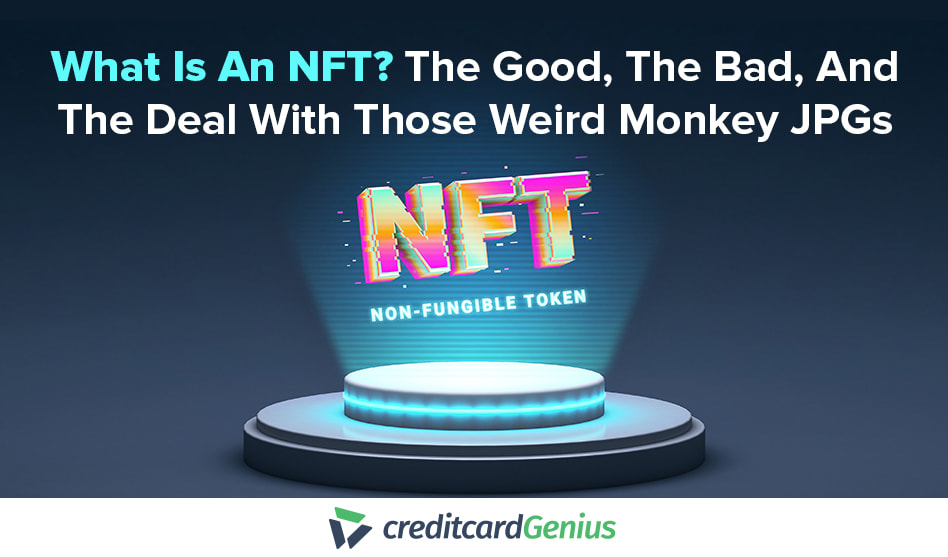


 GC:
GC: 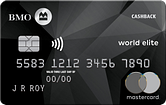






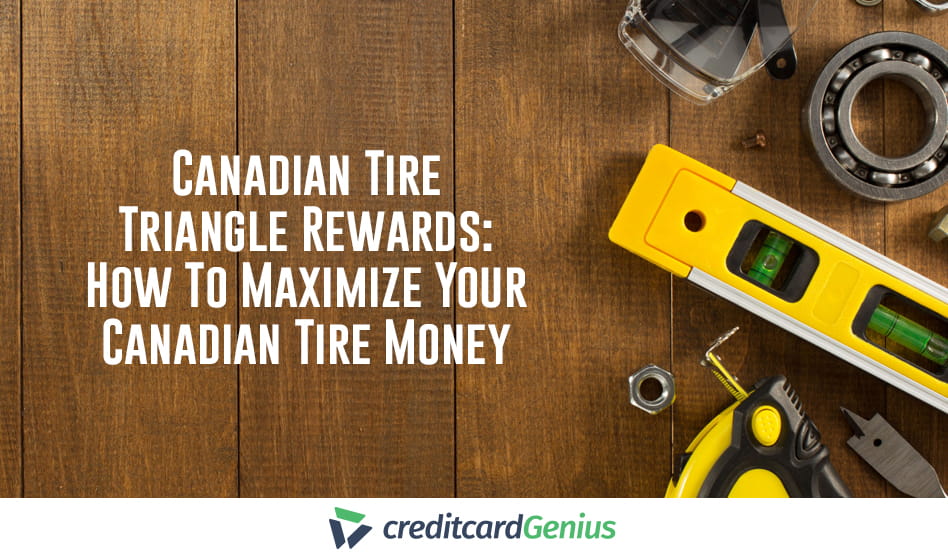
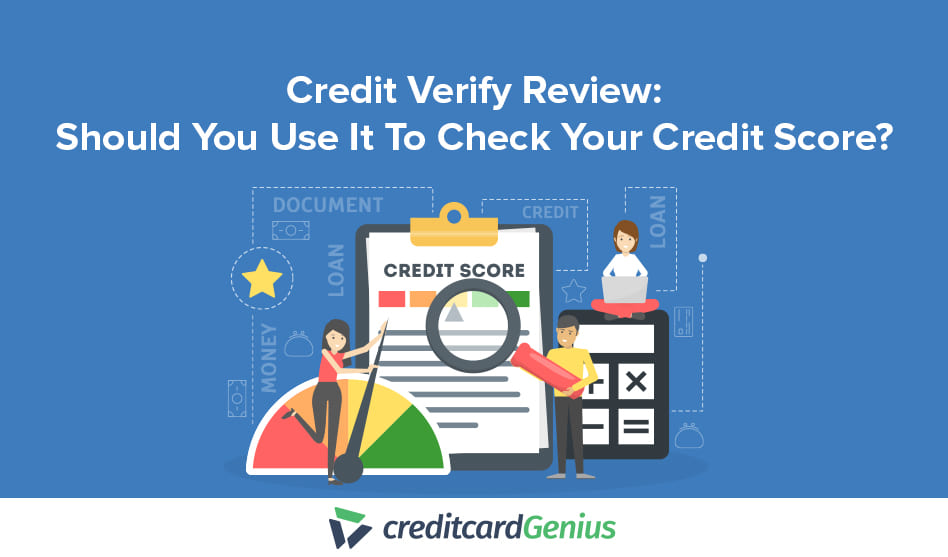
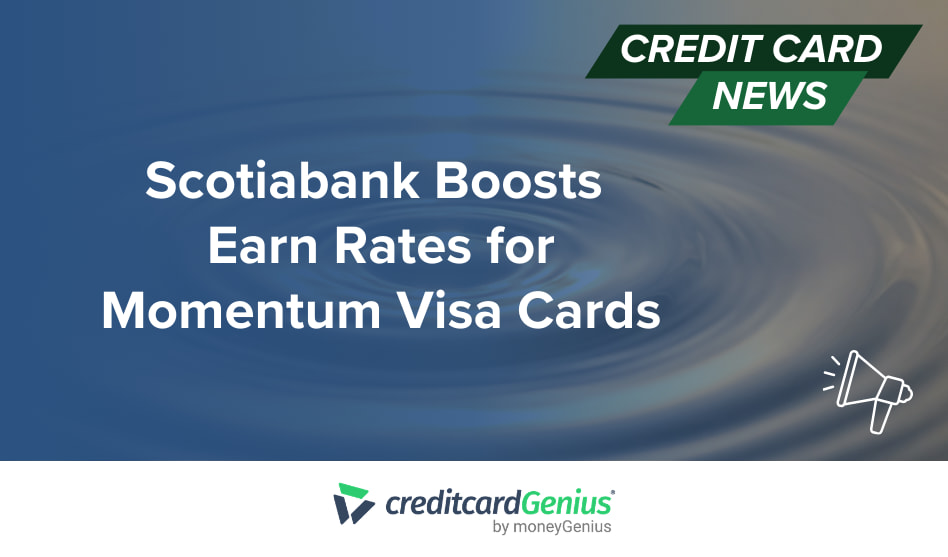
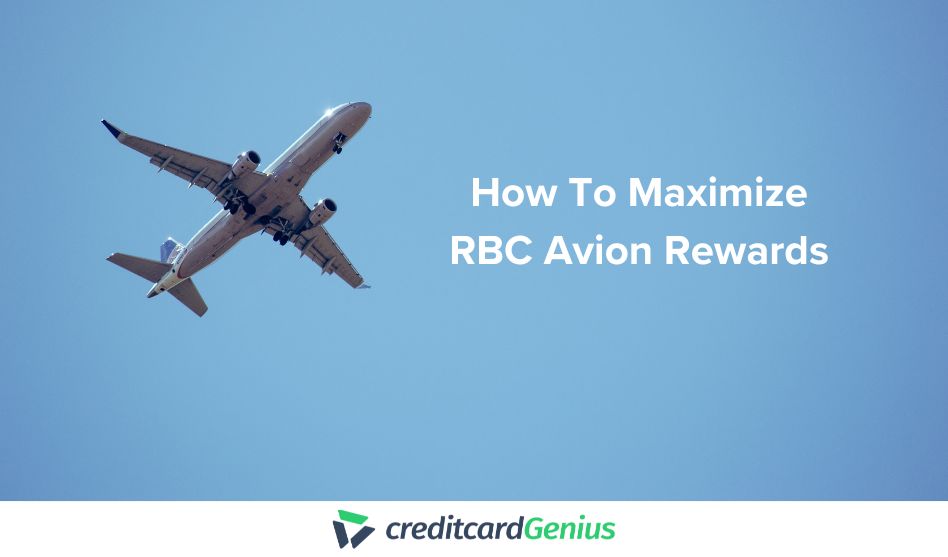
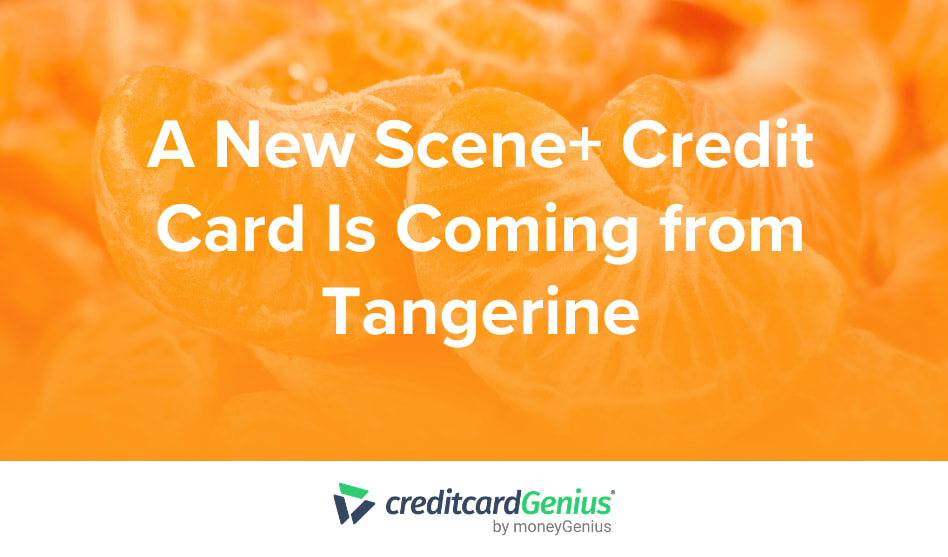




















Comments
Leave a comment
Required fields are marked with *. Your email address will not be published.